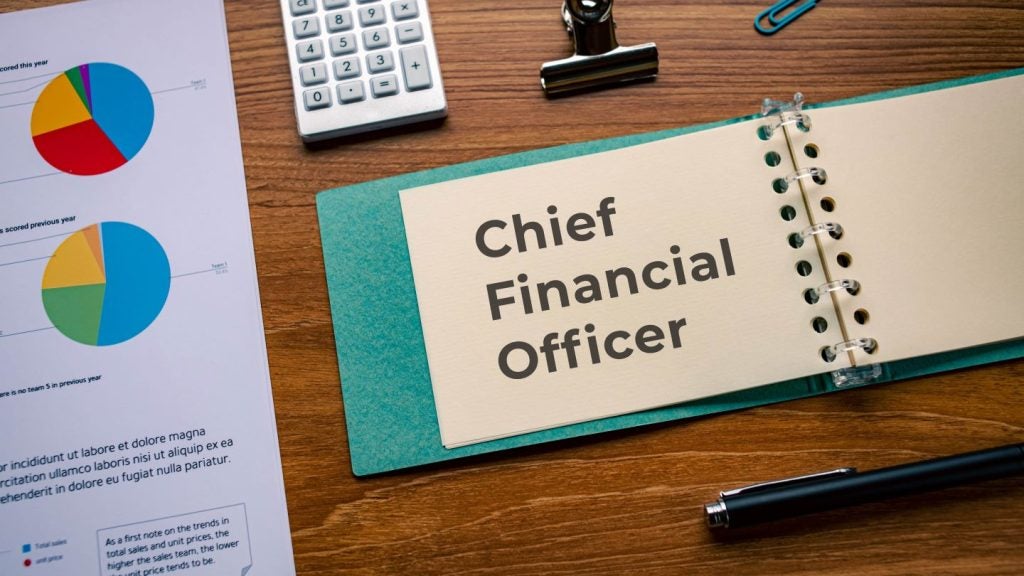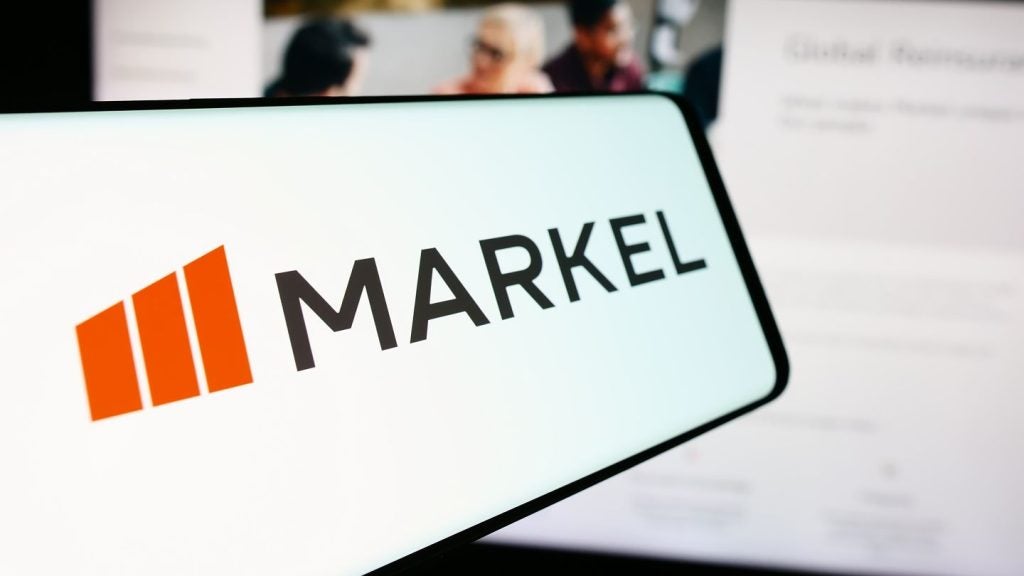
Of the offered IPO shares, 7,142,857 are being offered by Fidelis and 7,857,143 are being offered by certain of the company’s existing shareholders.
In addition, the underwriters have been granted a 30-day option to buy up to an additional 2,250,000 common shares from the selling shareholders at the initial public offering price, less underwriting discounts and commissions.
The common shares are expected to begin trading on the New York Stock Exchange under the ticker symbol “FIHL” on June 29 2023, and the offering is expected to close on July 3 2023, subject to the satisfaction of customary closing conditions.
Furthermore, Fidelis intends to use the net proceeds it receives from the offering to make capital contributions to its insurance operating subsidiaries. With other forms of liquidity, it allows the firm to take advantage of the ongoing rate hardening in the key markets in which it participates.
JPMorgan, Barclays and Jefferies are acting as joint lead bookrunning managers for the offering. Also Willkie is advising Fidelis in the IPO. The Willkie team was led by partners Joseph Ferraro and Jennifer Tait with associate Ida Nizankowska-Polus in London, with support from partner Michael Katz and associate Deanna Clugston in New York.
The IPO was officially hinted at last week.
How well do you really know your competitors?
Access the most comprehensive Company Profiles on the market, powered by GlobalData. Save hours of research. Gain competitive edge.

Thank you!
Your download email will arrive shortly
Not ready to buy yet? Download a free sample
We are confident about the unique quality of our Company Profiles. However, we want you to make the most beneficial decision for your business, so we offer a free sample that you can download by submitting the below form
By GlobalDataLast July, Fidelis announced plans to launch a new managing general underwriter (MGU), called Fidelis MGU.
Fidelis MGU was separate from the group’s existing balance sheet insurance companies.
The demerger was aimed at providing flexibility to both businesses allowing them to respond to evolving needs of (re)insurance markets.







